
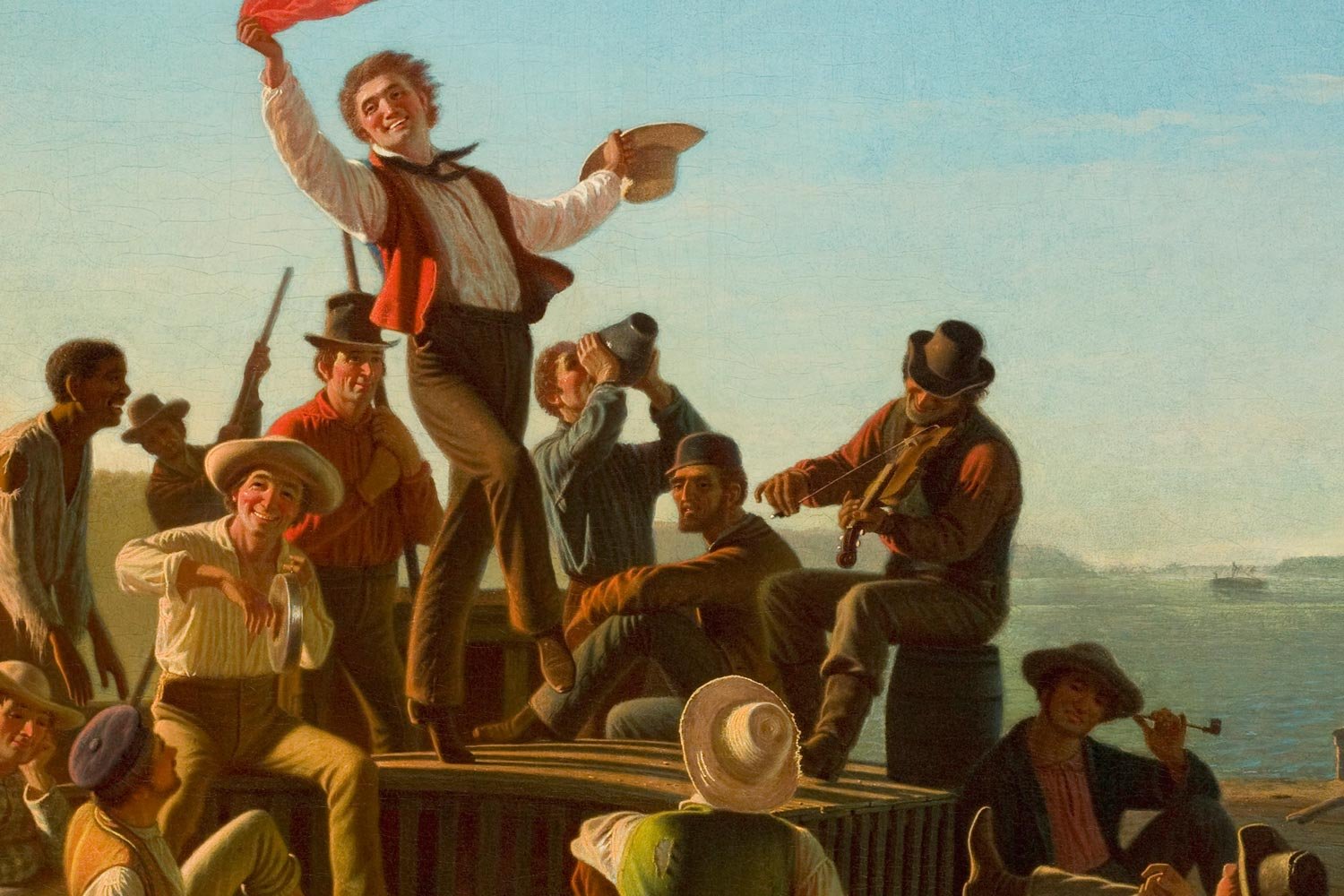
Louisiana Purchase, Part 3: Napoleon’s Unexpected Gift
As a boy growing up in Virginia, Thomas Jefferson listened to his father tell captivating stories of the pristine wilderness beyond the Appalachian Mountains and dreamed of what opportunities lay in the uncharted lands of North America. As Jefferson grew to manhood, he became a proponent of national expansionism, recognizing that the future greatness of the country lay outside the original thirteen colonies.
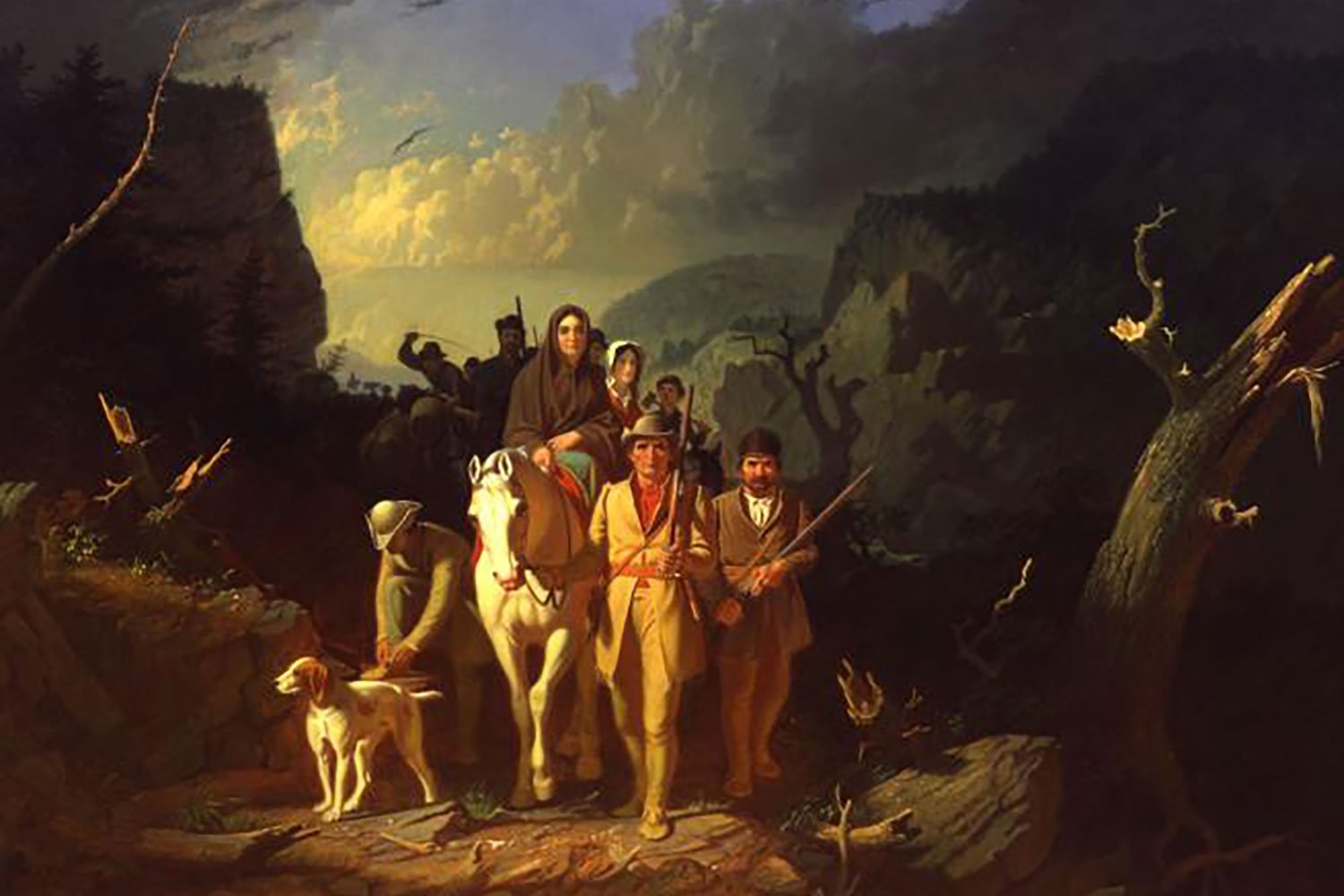
Louisiana Purchase, Part 2: Western Settlement and the Mississippi River
The Treaty of Paris of 1783 which officially ended the American Revolution was generous to the United States, much more so than most had expected. Besides recognizing American independence, the provisions which Great Britain proposed greatly expanded the boundaries of the new nation, granting the United States all the land north of the Ohio River as far west as the Mississippi and as far north as British Canada. But like all gifts from adversaries, this one came with some issues that would simmer for decades.
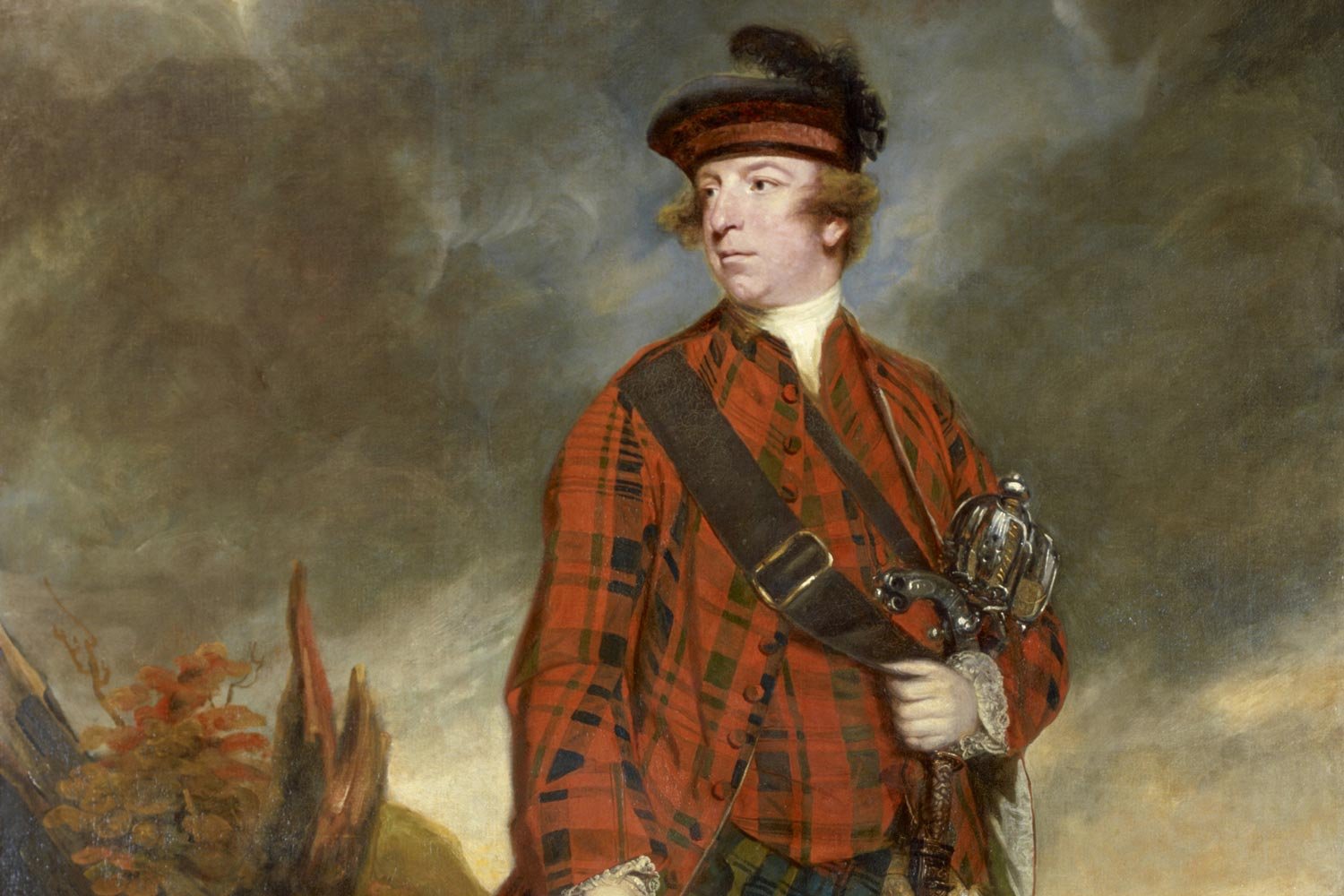
Lord Dunmore’s War
By the end of 1765, peace was reached with the tribes who had participated in Pontiac’s rebellion, but all parties recognized this peace was tentative and temporary at best. The British colonist’s insatiable appetite for land and the Indians' need for huge swaths of unsettled wilderness for hunting were two incompatible desires.
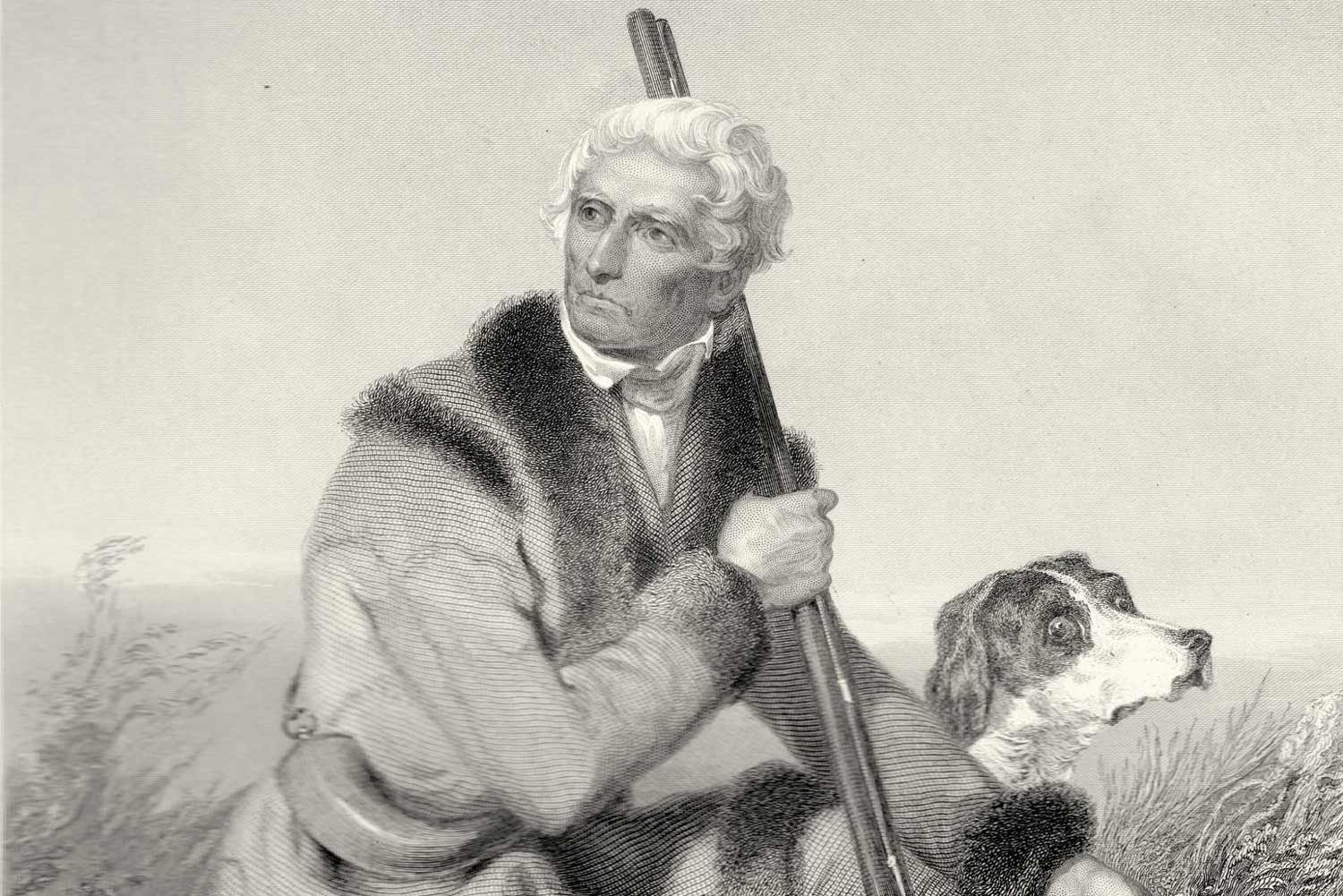
The Legacy of Daniel Boone
Soon after the American Revolution began in 1775, Daniel Boone joined the Virginia militia of Kentucky County (later Fayette County) and was named a captain due to his leadership ability and knowledge of the area. Over the next several years, Boone would participate in numerous engagements.
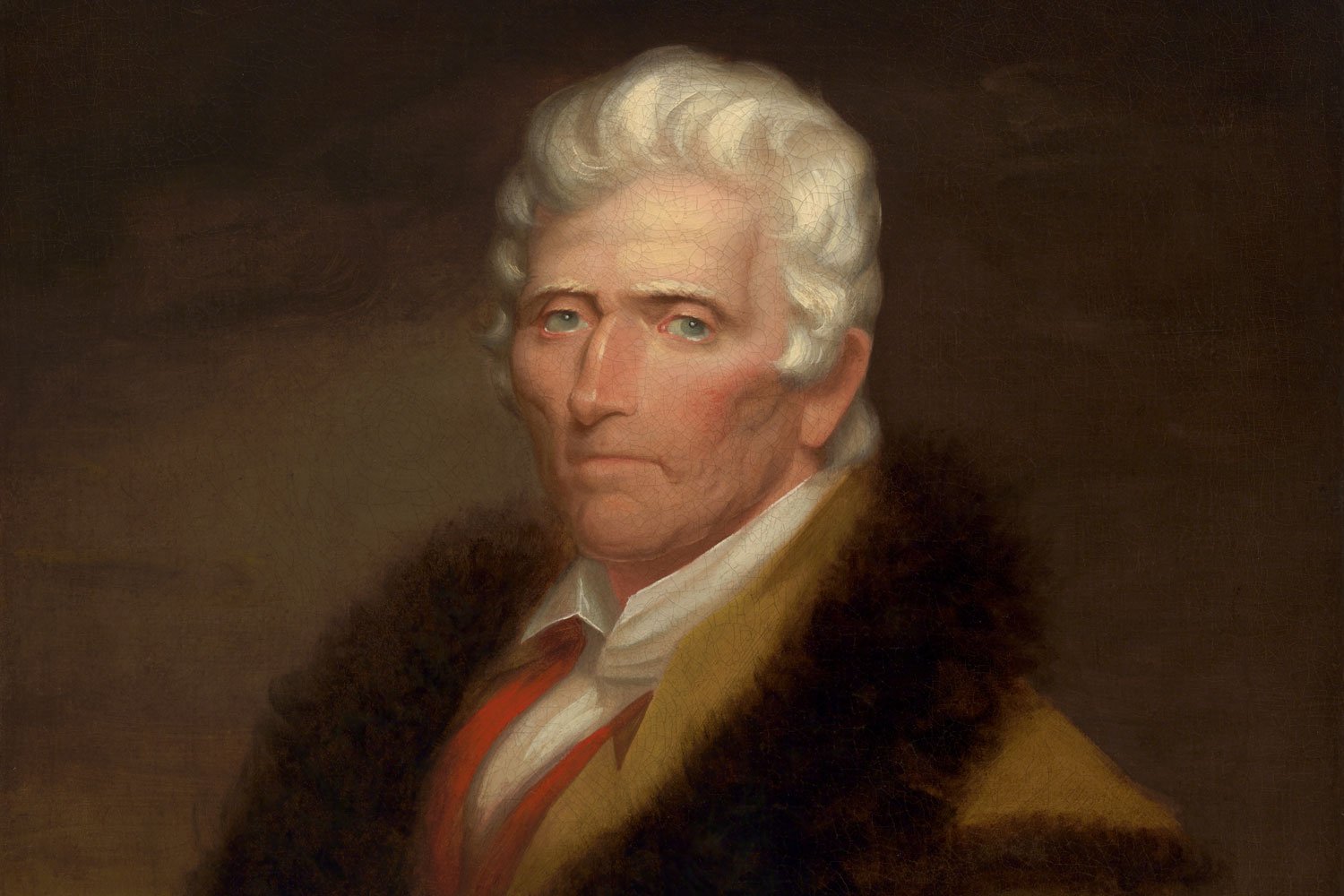
The Early Life of Daniel Boone
One of the greatest American explorers from our founding era was Daniel Boone. A legendary woodsman, Boone helped to make America’s dream of westward expansion in the late 1700s a reality.
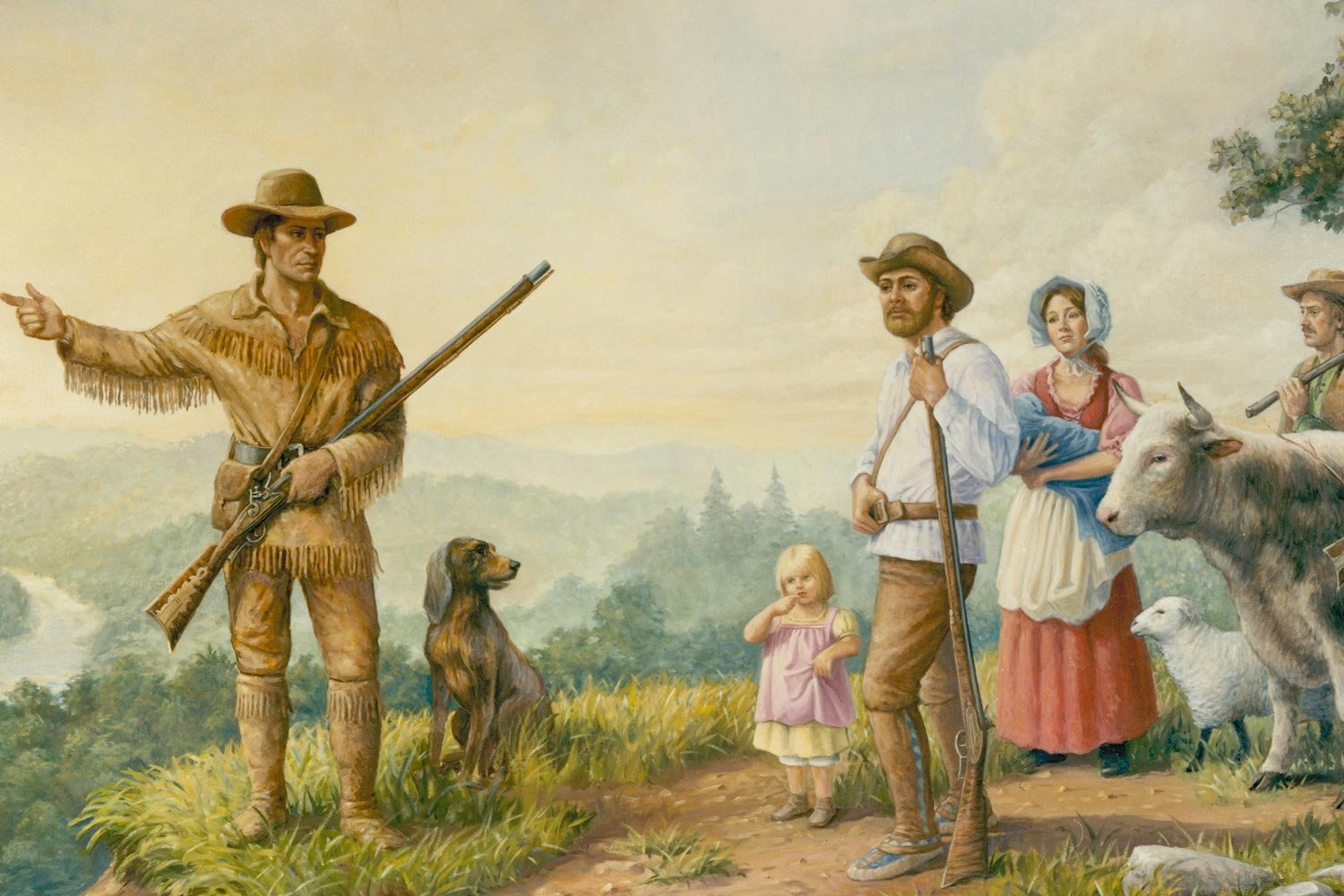
Heading to Kentucky on the Wilderness Road
The Wilderness Road, running from northeast Tennessee through the Cumberland Gap, was the main thoroughfare for Americans heading west into the new promised land of Kentucky from 1775 to about 1820. The pathway, blazed by Daniel Boone, was our nation’s first migration highway, but the trip was not for the faint of heart.

America Looks Westward
Americans have always had a yearning to move west and discover new lands. Along the way, our ancestors had to overcome many daunting natural barriers, the first of which was the Appalachian Mountains. The Wilderness Road through the Cumberland Gap was our nation’s first pathway through this formidable range.
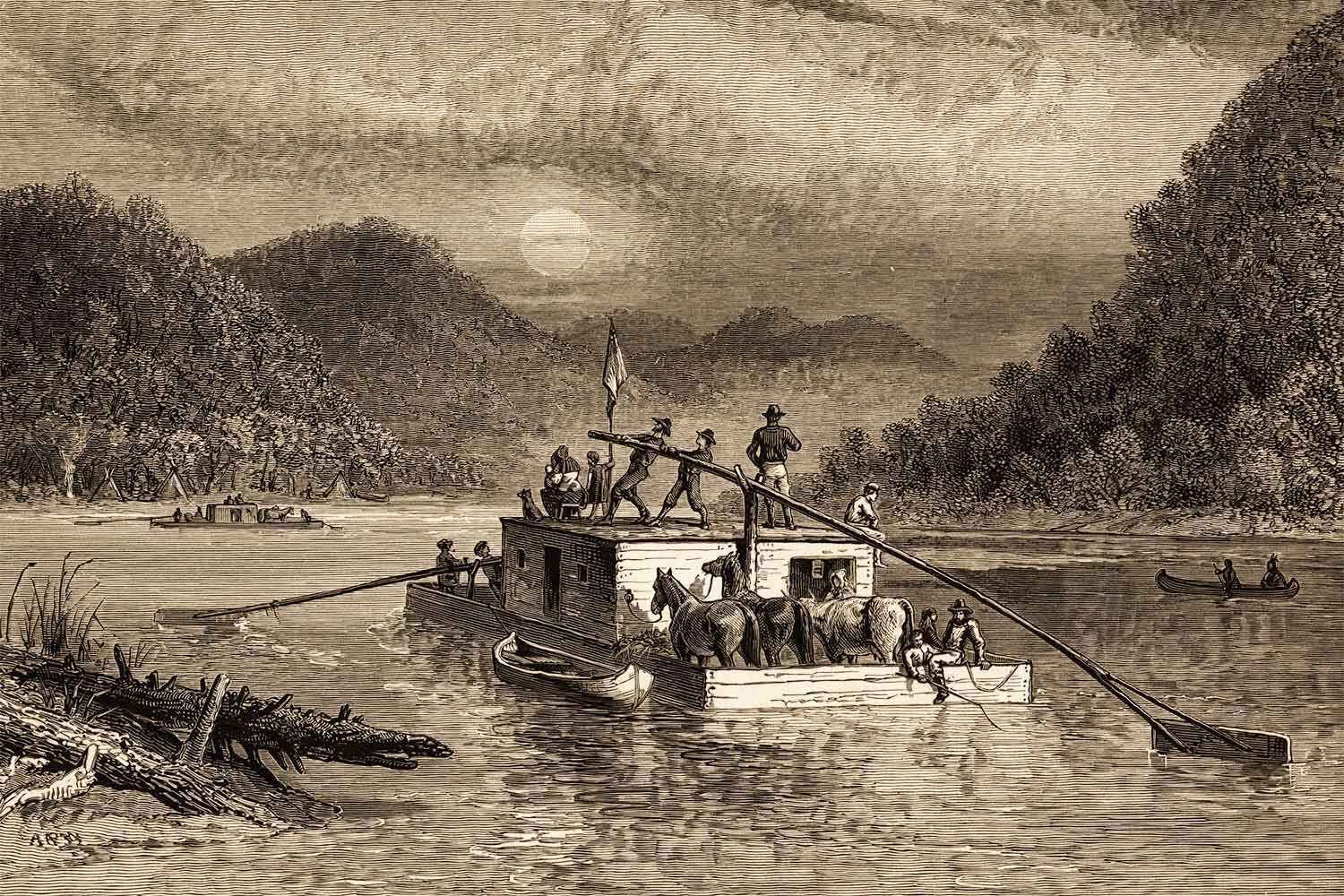
Creating America: The Northwest Ordinance of 1787
The Northwest Ordinance of 1787 created the Northwest Territory, officially known as the Territory Northwest of the River Ohio, but also called the Old Northwest. This legislation, enacted by the Congress of the Confederation on July 13, 1787, was our country’s first organized incorporated territory and our initial attempt at expanding the new nation.




